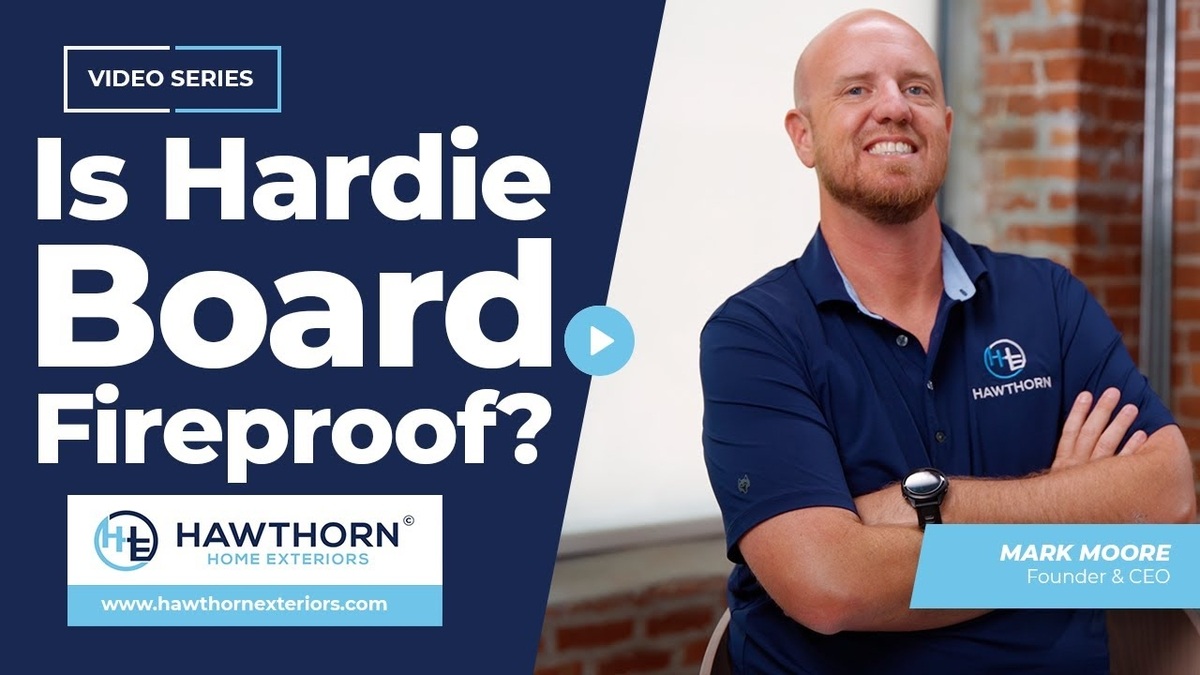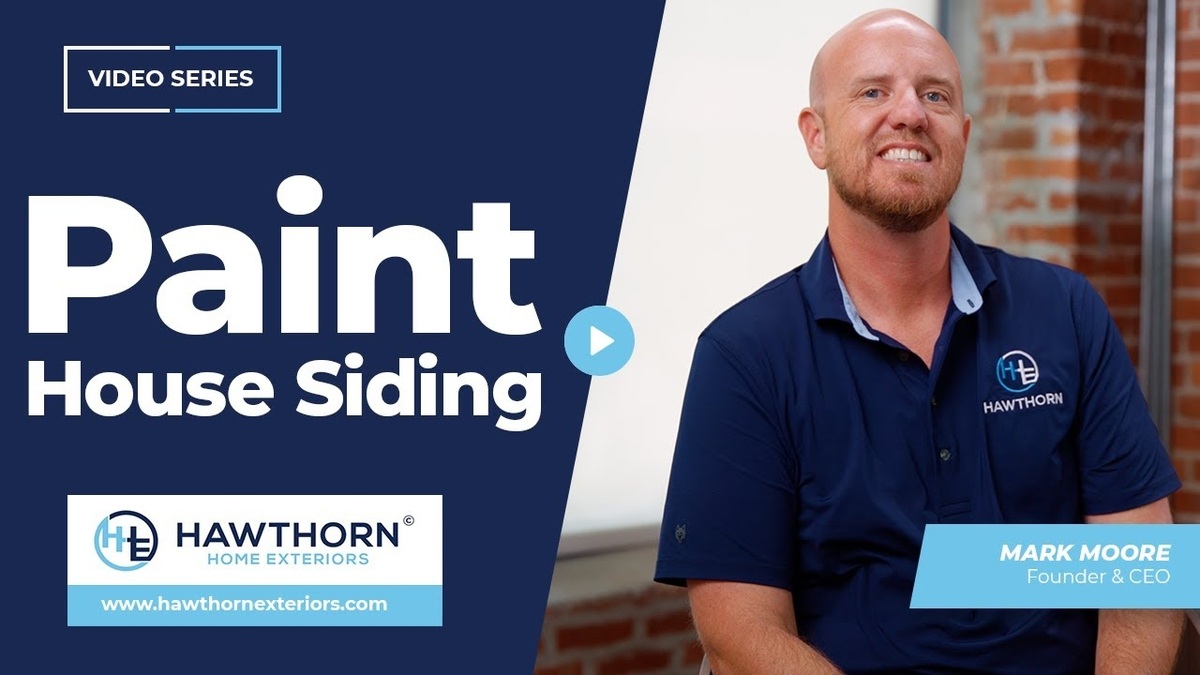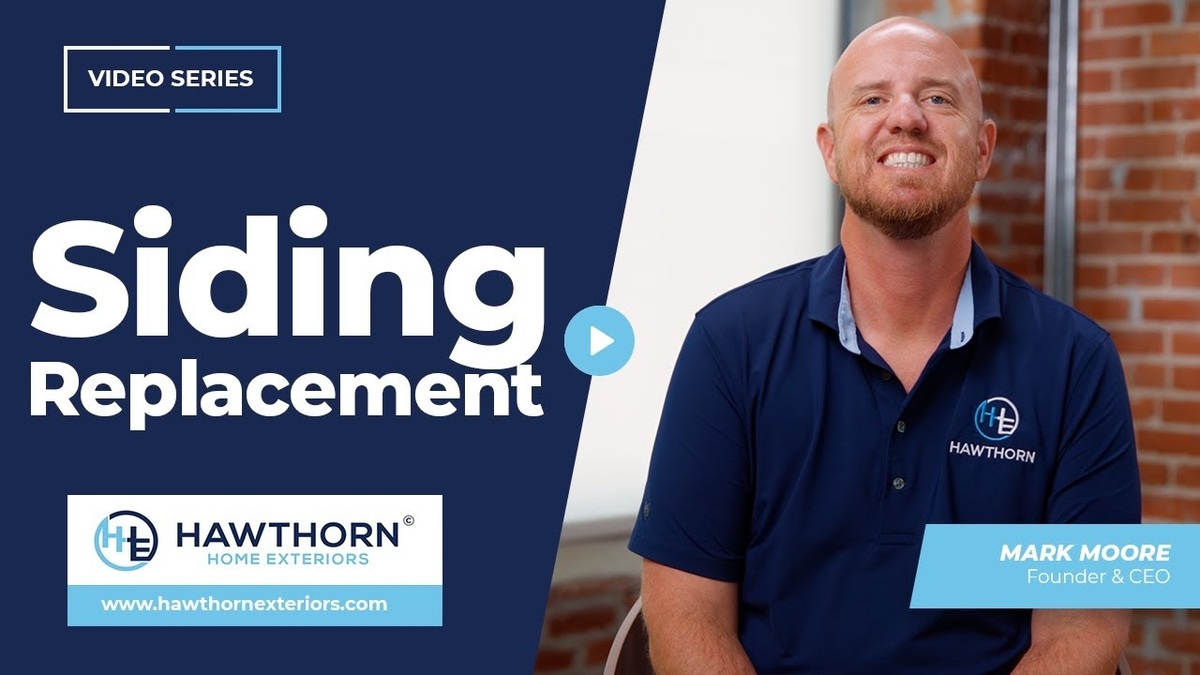Fire safety is a major concern when choosing siding, which raises the question: how fireproof is a product like Hardie Board? While it’s not fully fireproof, its fiber cement composition makes it highly resistant to heat and flames.
Below, we’ll explain how Hardie Board performs during fires, what materials give it fire-resistant qualities, and why it’s considered a safer alternative to wood or vinyl siding in high-risk areas.
How Fire-Resistant is Hardie Board Siding?
Hardie Board is not fireproof, but it is fire-resistant. That means it doesn’t catch fire or help flames spread like wood or vinyl siding might. This makes it one of the safest siding materials you can choose for your home.
What is Hardie Board Made of?
Hardie Board is made from fiber cement. This is a mix of sand, cement, and cellulose fibers. These materials don’t burn or melt like plastic or wood. Because of this, Hardie Board can stand up to high heat without breaking down.
Key Takeaway: Hardie Board won’t catch fire or help flames spread across your home’s exterior.
How it Performs During Real Fires
Hardie has done testing in areas with high wildfire risk, like California. In these tests, homes with Hardie siding showed strong performance. Even when nearby structures burned, the Hardie siding stayed in place and didn’t allow flames to move across the surface.
Real-Life Story: Hardie Board vs House Fire
We recently had a customer whose home caught fire at 3:00 in the morning. A lithium battery left charging in the garage caught fire. Within minutes, the entire garage was burning. The family was able to get out safely, but the damage inside was bad.
When we inspected the outside of the home, the Hardie Board siding was still holding strong. Yes, the paint was scorched and the surface looked blackened, but the siding itself didn’t break or fall apart. There was no warping, melting, or crumbling.
Inside the garage, the wooden frame and drywall were heavily damaged. But the Hardie siding helped slow the spread of the fire to the outside. That likely gave firefighters more time and reduced overall damage.
Pro Tip: If you live in an area with fire risk, talk to your insurance company after installing Hardie siding. It can lower your insurance rate because it’s considered a masonry product.
Need expert help with Hardie Board? Contact Hawthorn for a free consultation. We’ll walk you through your options and explain how fiber cement siding fits your needs.
Why Hardie Board Makes Sense for Fire Safety
There are several reasons we recommend Hardie Board for better protection.
Benefits Over Vinyl and Wood Siding
- Vinyl siding melts and spreads flames
- Wood siding burns easily and adds fuel to a fire
- Hardie Board does not catch or spread fire
Better Protection for Your Family
If a neighbor’s house catches fire, Hardie Board can help keep flames from jumping to your home. It’s a safer option when houses are close together or when wildfires are possible.
Does the Hardie Board Affect Your Insurance?
Yes. Hardie Board is often listed as a masonry product. Since it resists fire better than many other materials, many insurance companies offer a discount. This can help you save money year after year.
After installing Hardie Board, call your agent. Tell them about the material and ask if you qualify for a discount. Even small savings can add up over time.
In Summary
So, is Hardie Board fireproof? Not exactly. But it is fire-resistant and does an excellent job of keeping flames from spreading. It holds up better than vinyl or wood, and real-life events have shown it can help protect your home when disaster strikes.
We trust it for our customers because it’s strong, safe, and proven.
Contact Hawthorn today for a free quote or to learn more about Hardie Board for your home.





